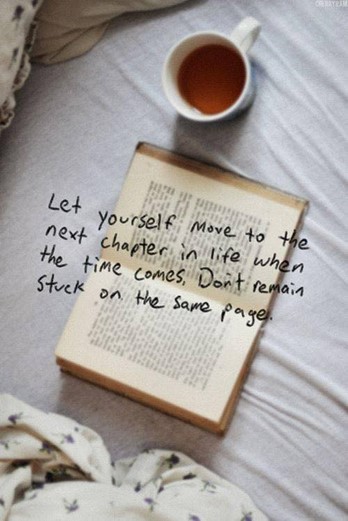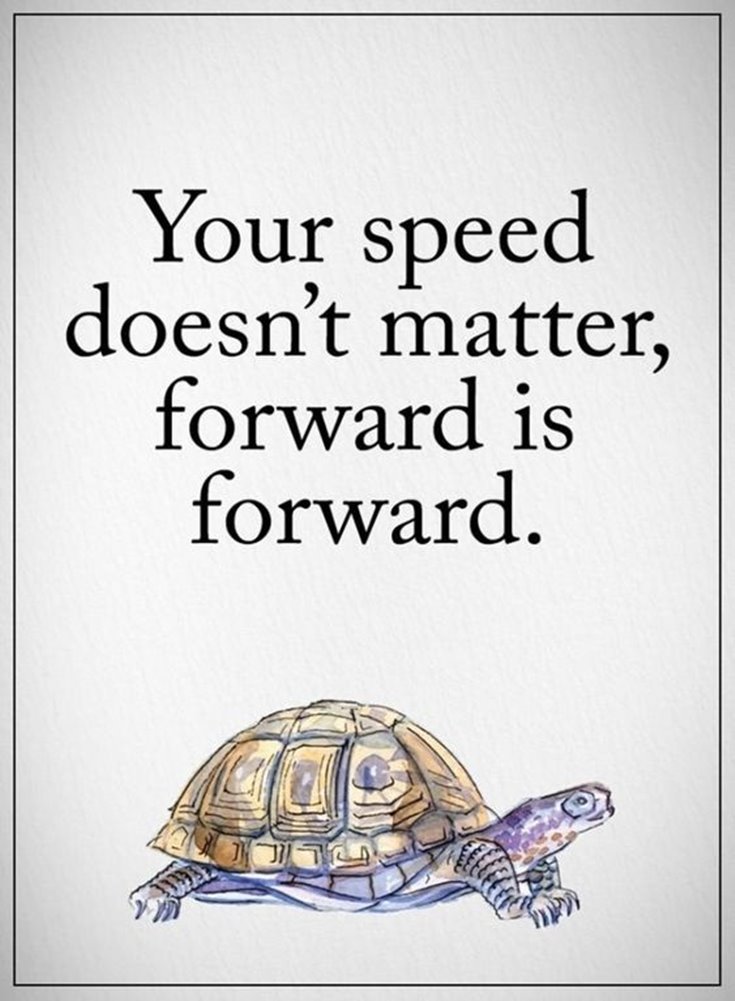Conflict arises when a spouse or a loved one in displaying symptoms of Dementia of Mild Cognitive Loss. What do you do? Digging, arguing in or going behind the persons back will not work.
But how to you reset the relationship and get to the answers? This Article is based on my own experience and recommendations of how to properly execute a turn around and get back to a loving and caring relationship that together you can search for answers.
Discovering if you have early onset dementia is not a direct medical process. First, the differences in you are probably first only notices by you, and are only subtle to others.
Second, working with the medical field to determine if you have cognitive or other challenges is not well understood at the GP or PCP level physician, and they should only help you get to a qualified physician.
Last, it takes a series of tests to determine if you have dementia. In this video we will review others and my experience compared with what the Alzheimer's Organization says on their website, about what the process to find out if you have dementia.
Be a work in progress! always move forward. Only you can define your pace, but do it with a positive outlook and the world will watch with amazement.
So many things can cause these type of days, but here’s where living positively will make a difference. You don’t start with just saying OK I’m going to be positive; you start with a purpose.
I’ll bet I’m not alone with having expectations that are too high. Sound familiar to you? So many reasons, we find limitations with age, health (physical or mental or both) etc.
Yes, Experience is a tough teacher, and real experience can come with a test, but it is through the test we learn. My experience is that the test of living with dementia is a daily test, one that if we are not careful will or can define us.
This model can be applied to lots of things but, I like their application of the model to understand what affect things or changes have on a person with dementia.
Once you’ve moved to acceptance of yourself in your situation, you can start to move forward. Start rethinking; re-prioritizing things that you like to do with your remaining time. Find a new philosophy of life, put family and God first, and strive to make each day count.
Today we're going to talk about peace. Not peace in the world, not peace in our time, but inner peace. And putting inner peace as a priority.
There are three key categories that constitute your ability to help make personal peace a priority:
1. Mental well-being.
2. Emotional well being
3. Spiritual state










